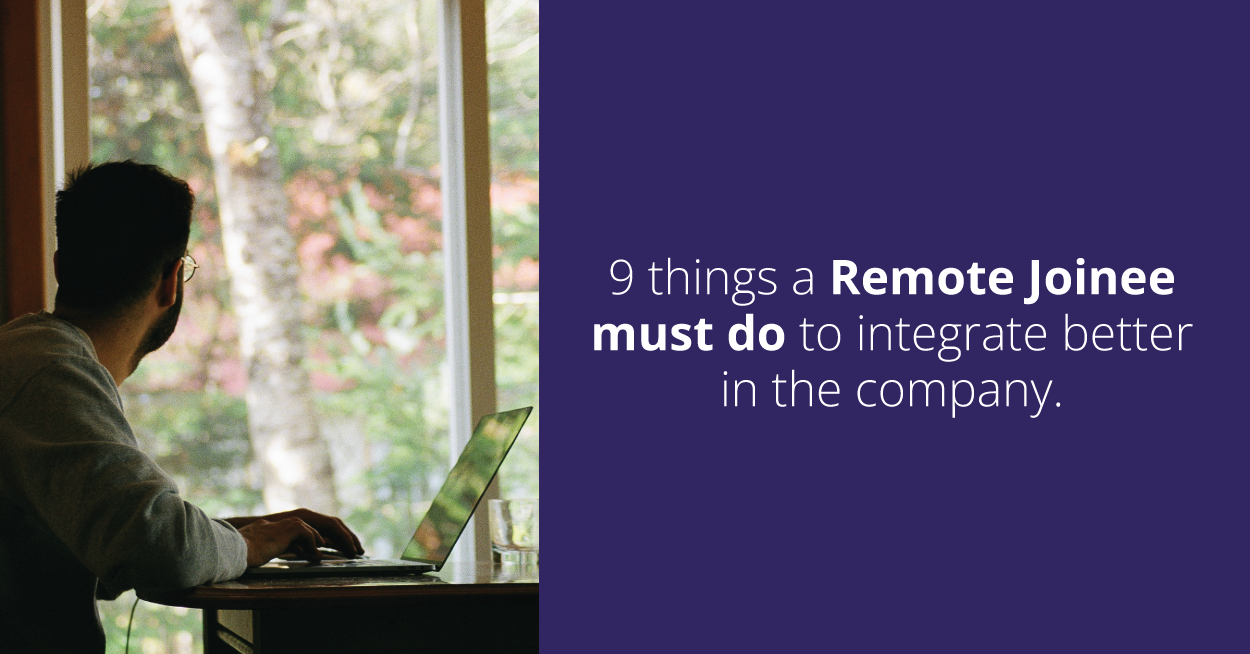
Why Should Leaders Adopt Self-Care Practices for Employees In Workspaces?

Leaders have repeatedly taken courses and training to develop their management skills. However, introducing and embracing self-care practices is vital to ensuring employee wellness.
Leaders can create a positive work environment that supports their employees’ physical and emotional needs by promoting self-care practices for employee wellness, such as mindfulness exercises, flexible work hours, and access to mental health resources.
A World Health Organization (WHO) study found that nearly one in four Indian employees suffer from work-related stress. In our constantly changing world, consuming content from multiple media can make us feel lost.
Have you ever wondered if this has a cost, and if so, what are we doing about it?
What Is Self-Care And How Do We Approach It?
Self-care time is traditionally reserved for outside work hours, such as a morning jog or a bubble bath. However, the concept of self-care is evolving. It’s becoming increasingly evident that integrating moments of self-care into your daily routine is more advantageous than pushing through a tough day and saving ‘me’ time for later.
Research by the Mental Health Foundation found that 40% of employees who engage in regular self-care report lower stress levels and better mental health.
Why Should Leaders Encourage Self-Care With Employees?
Checklists, planners, alarms, and reminders have taken over our lives, and we often miss out on real-time information. As leaders, it’s essential to approach self-care with intention and commitment. Prioritizing self-care benefits our well-being and sets a positive example for those we lead.
We can cultivate resilience and better support our teams by carving out time for self-care practices such as mindfulness, exercise, and setting boundaries. Emphasising professional self-care strategies is also essential.
Leaders should promote self-care to boost employee well-being, enhance productivity, and foster a positive work environment.
The World Health Organization (WHO) reports that effective self-care programs can increase employee engagement by up to 20%. As thought leaders, taking ownership and introducing self-care programmes can benefit the organisation significantly.
Here are some ways to adopt self-care in offices:
- Mirror Self-Care: Practice what you preach. Set a good example for others by living by your own self-care rules. Manage your time, take breaks, go for walks, and prioritize your needs.
- Regularize Check-ins: Encourage employees to self-assess their mental well-being regularly and provide a system for reporting concerns. This will build a supportive workplace, empower them, and create an open environment for discussing mental health and self-care.
- Fostering A Positive Work Culture: Be the energy compass you look forward to being on your team and promote an improved and positive work culture. Encourage stress management techniques and healthy work habits to improve focus and efficiency. Implement wellness programs and provide resources for mental health support to help prevent burnout.
- Practise Humble Leadership: Kindness can go a long way after building employee trust. An open-door policy is one way, as well as supporting flexible working hours and work-life balance initiatives to boost overall job satisfaction.
How Is It Benefitting Organizations?
The Society for Human Resource Management (SHRM) found that 60% of employees who engage in self-care activities report improved balance between their work and personal lives. It also leads to reduced stress levels and improved mental health.
The benefits are:
- Enhanced Productivity: Employees who engage in self-care are more focused and efficient, leading to a 21% increase in productivity. They will also be motivated to focus on self-improvement and growth, thus boosting employee wellbeing.
- Reduced Absenteeism: Self-care practices can cut absenteeism rates by 30%, as healthier employees take fewer sick days.
- Lower Healthcare Costs: Investing in self-care programs reduces healthcare costs by up to 20% due to decreased stress-related health issues.
Experts unanimously agree that dedicating time for self-improvement is a lifelong commitment that guarantees continuous growth. Most of us are okay with prioritizing an extra task for our manager or someone else, even after working a long day. Still, many must become more accustomed to prioritizing ourselves and our health.
A survey by the Confederation of Indian Industry (CII) showed that while 60% of Indian companies know the importance of self-care, only 30% have structured programs to support employees’ self-care needs.
While the need for a better work-life balance has been growing over the past decade, the current work environment makes self-care more urgent than ever.
It’s time to make self-care a priority. The truth is, unless we make a conscious choice to look after our health and well-being, it won’t happen.
Did you enjoy reading this and wish to know more about how we can help your brand grow? Click here to learn more about the awesome work we do at YourDOST!






